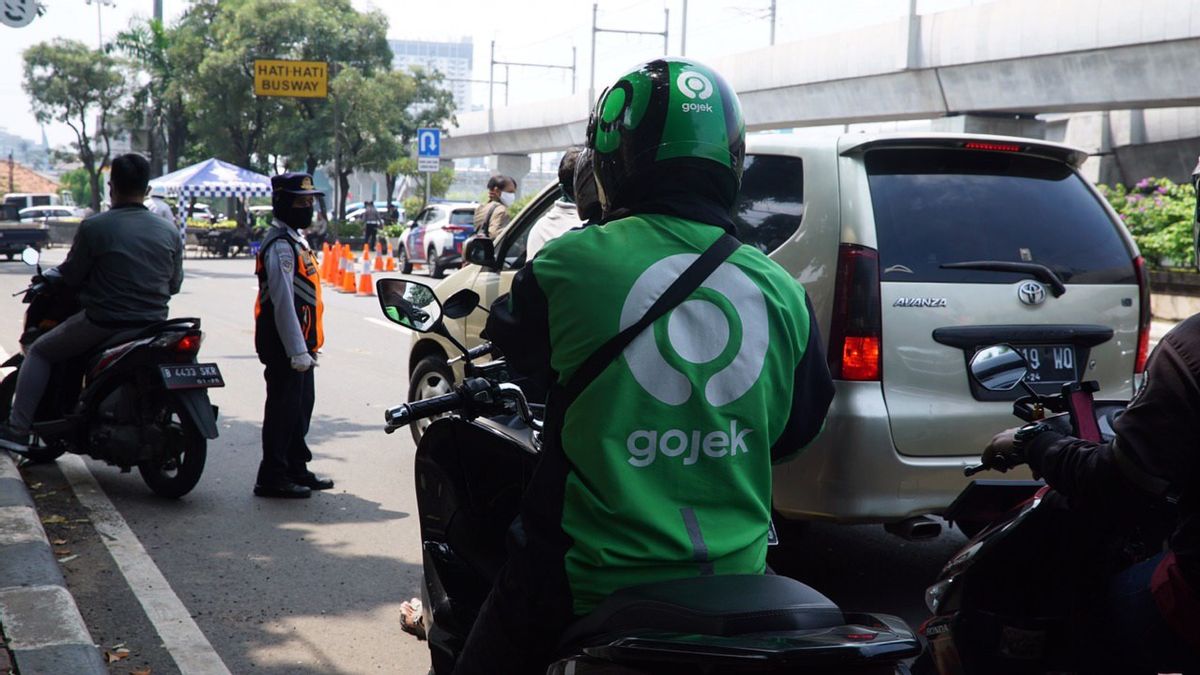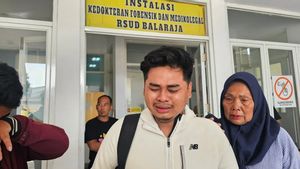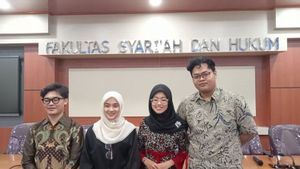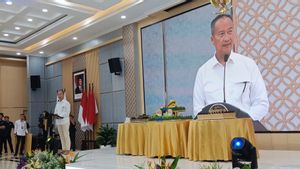JAKARTA - There is not a single company that has not been affected by the COVID-19 pandemic, not even startups like Halodoc or those with decacorn status like Gojek. Various strategies must be implemented so that the company does not fall further.
Vice President of Investment East Venture, Devina Halim said in the webinar of the Technology Journalists Forum (Forwat) with the theme "Indonesian Startups in the Middle of a Pandemic" that her company had nurtured 160 startups, and when the pandemic took place, all these companies were monitored again.
This is because according to Devina, startups must have definite steps and their optimism in the future in facing this pandemic which is claimed to last a long time, especially he also sees the mindset of the startup founders themselves.
"Last June was the peak time. We started to do round calls to 160 startups. The aim was to find out the mindset of the founders, then how much cash they had. We must know their financial position, including the cost cutting strategy," said Devina.
After that, it is known what the next steps must be, such as stopping unnecessary expenses. Even if it is necessary to make policies to reduce salaries at the top management level, to other employees.
For example, what Gojek did, recently it was reported that they had cut the salaries of top management by around 20 to 25 percent in a year. The last option, if possible, the company can lay off.
Currently, Devina stated that there are only about 100 startups under East Venture that are still active since the pandemic until April.
Likewise with Gojek, the company actually benefited greatly from the multiple business model it was running. There is one service that is affected, such as GoLife, because it is included in the physical touch category, so there is less demand in the midst of a pandemic like this, GoRide services have been temporarily suspended, but GoSend and GoFood can still run well.
"Indeed, Gojek was originally a platform concept, right now the popular language is SuperApps. This means that we don't just depend on one or two services. That makes us able to adjust or pivot more quickly," said Gojek's Chief of Corporate Affairs, Nila Marita.
"We see the adaptation of new habits, what we see, we have all. Cashless payment, contactless delivery and various health protocols we do for transportation," added Nila.
Nila said that Gojek has also collaborated with big players in each industry, one of which is HaloDoc to provide GoMed health services.
Just like Gojek, Halodoc Chief Marketing Officer Dionisius Nathaniel also said that startups should focus more on user centric, where they have to better understand what HaloDoc users are interested in first.
Like everyone's wish to be healthier during this pandemic, and HaloDoc has that mission too. So it is not difficult to provide health services to the community.
The services provided are such as a combination rapid test and PCR. In addition, HaloDoc also has a Chat Doctor feature which has experienced a drastic increase during the COVID-19 pandemic.
"Last March, we immediately pivoted. How to support Indonesia with as many COVID-19 tests as possible. Until now we have done 200 thousand tests, a combination of rapid and PCR. We are at the beginning of the pandemic, which is the first time we run a drive through rapid test, "said Dionisius.
The English, Chinese, Japanese, Arabic, and French versions are automatically generated by the AI. So there may still be inaccuracies in translating, please always see Indonesian as our main language. (system supported by DigitalSiber.id)













